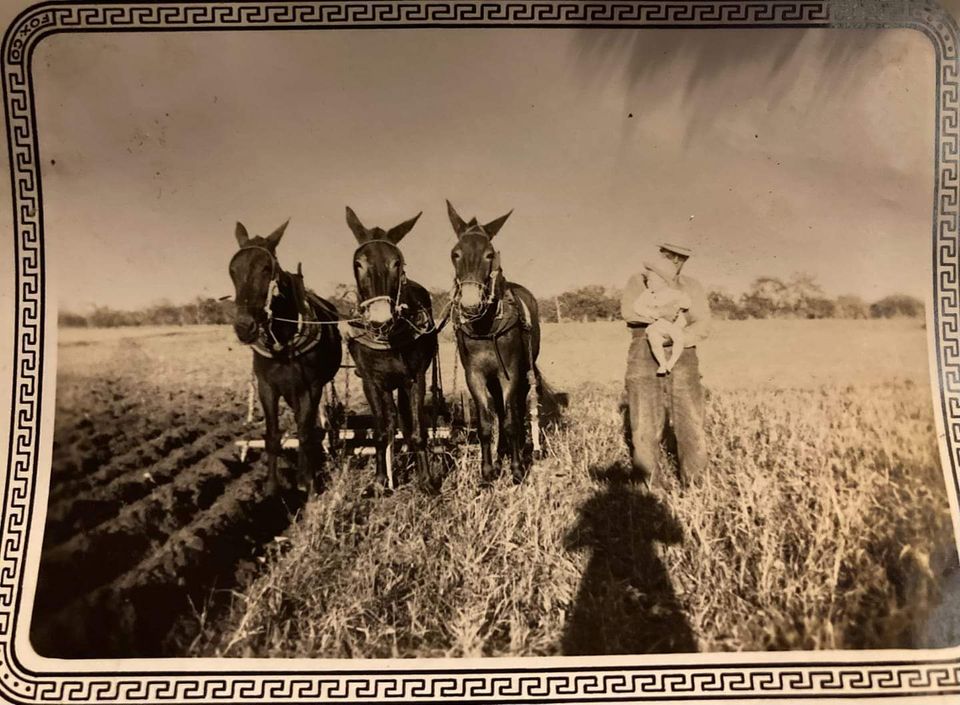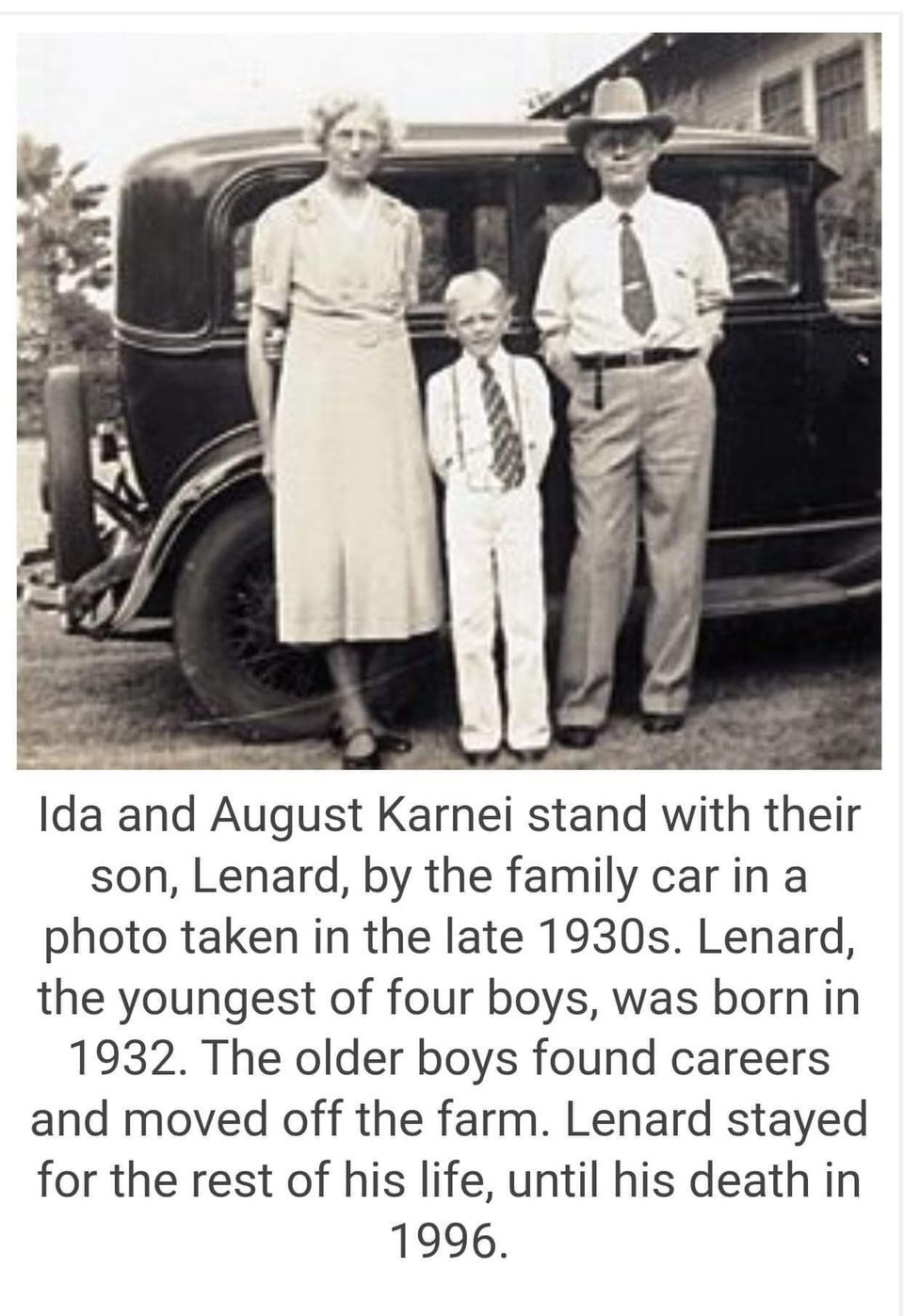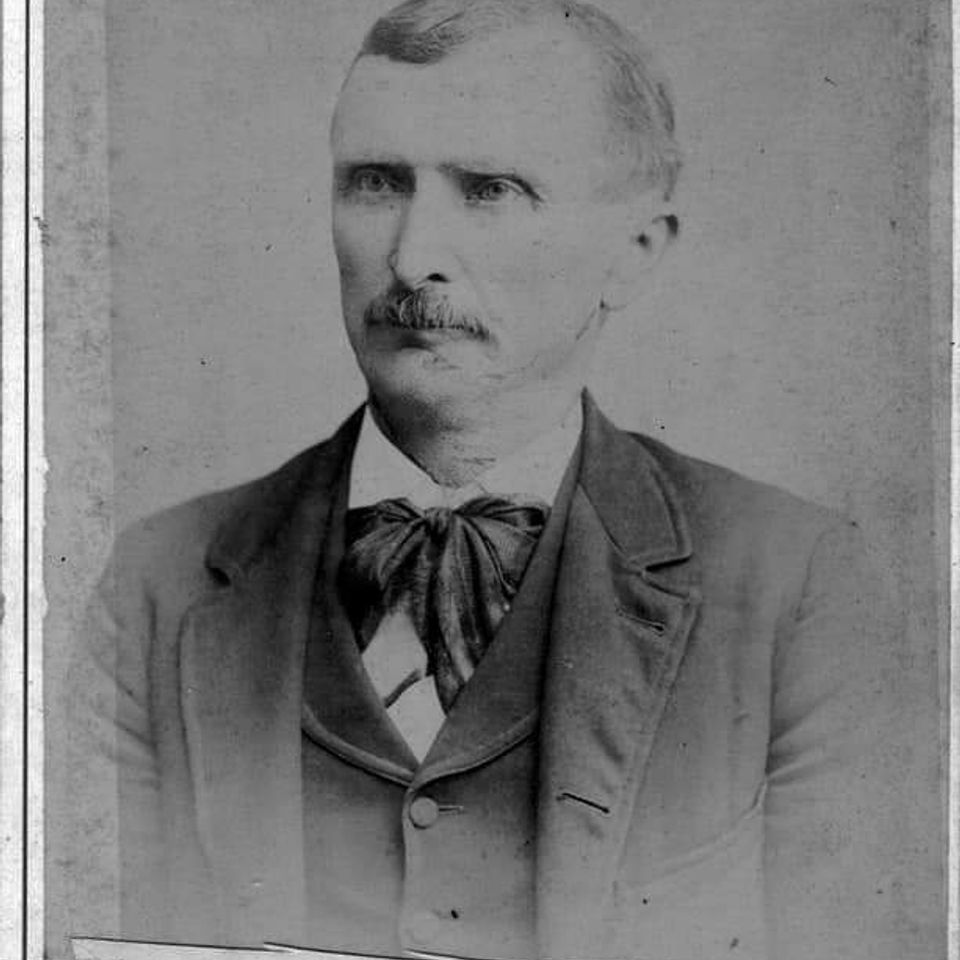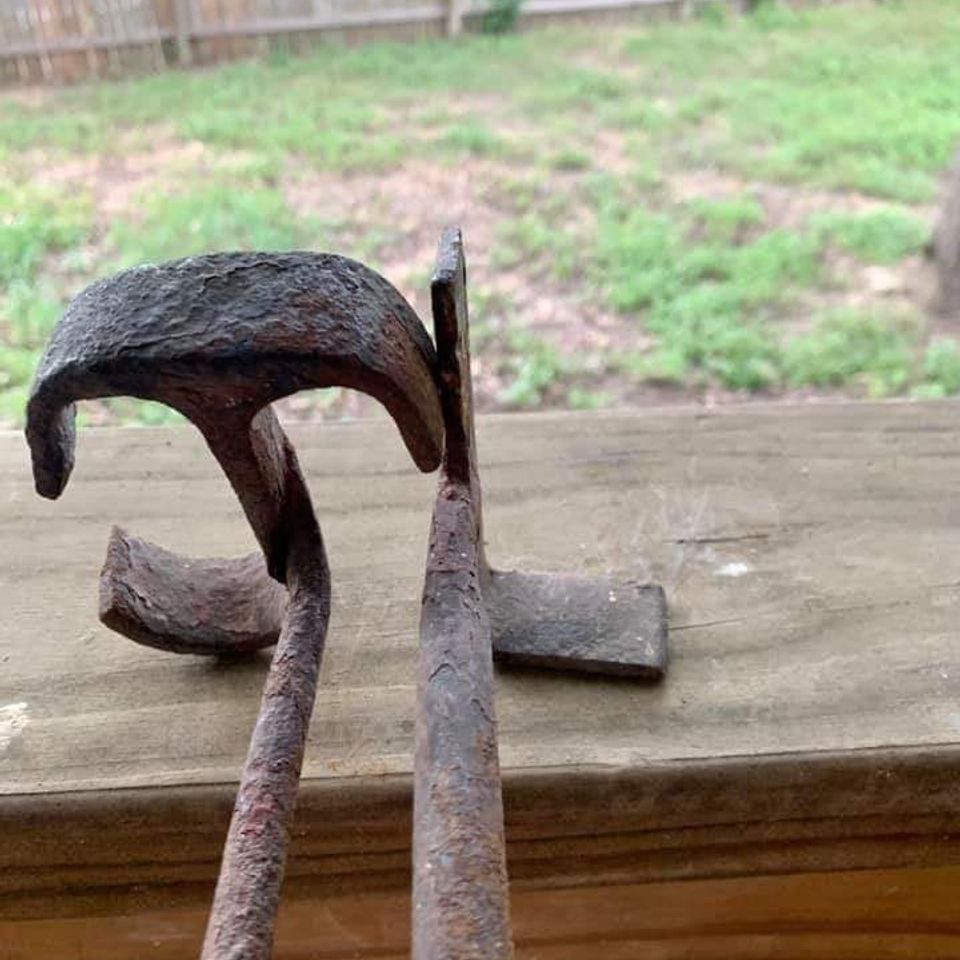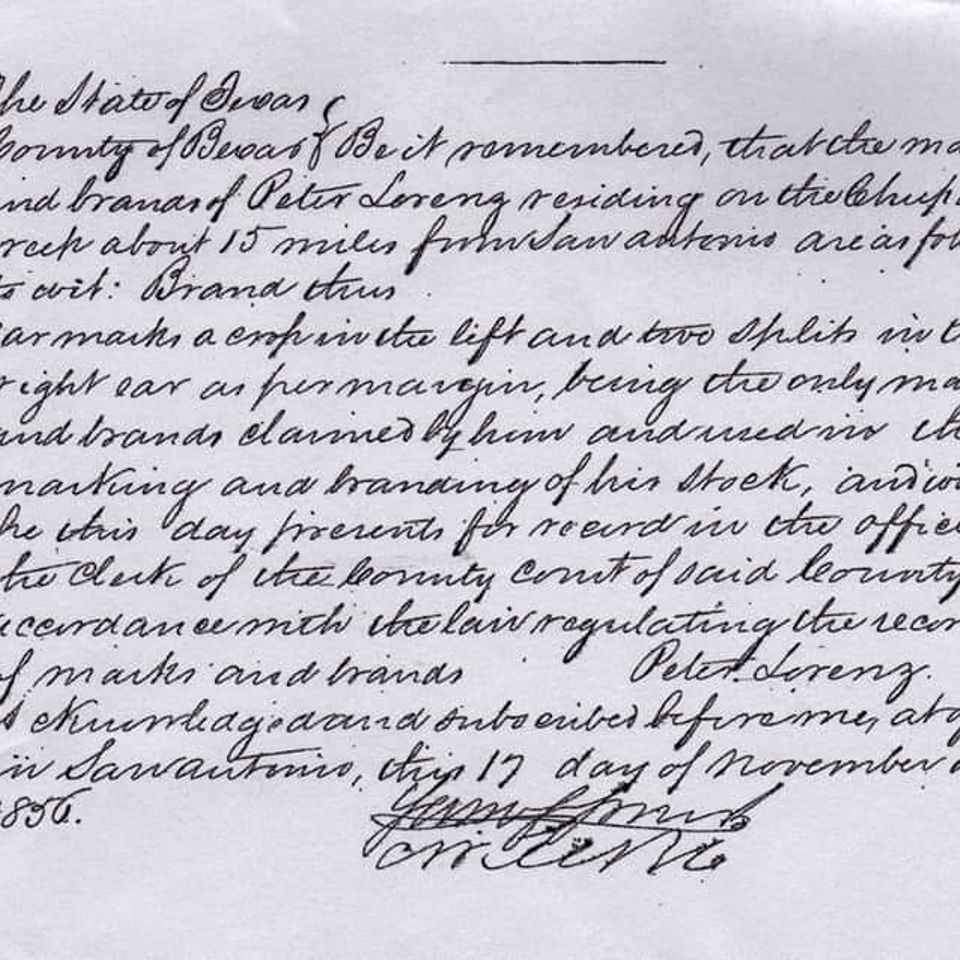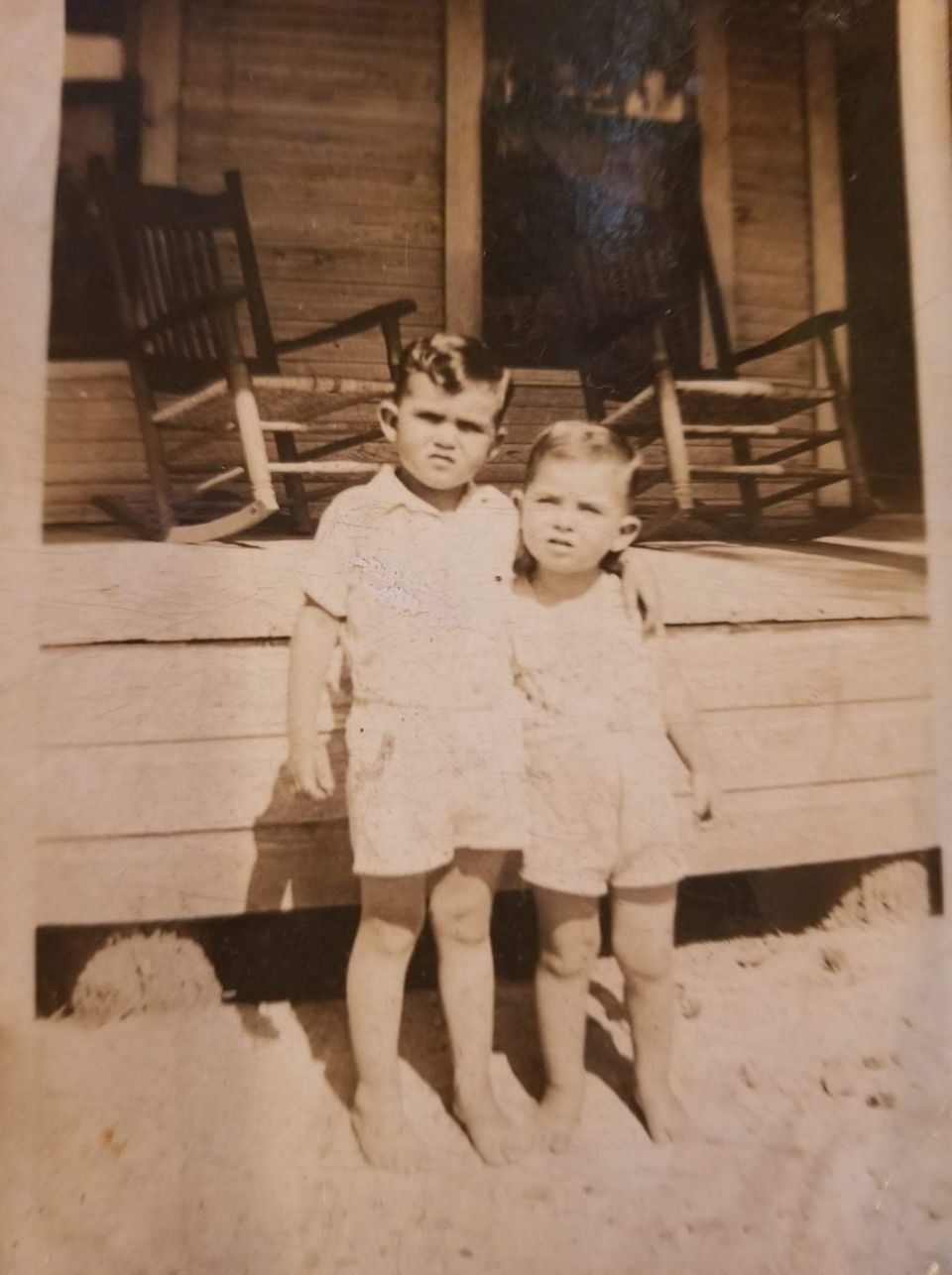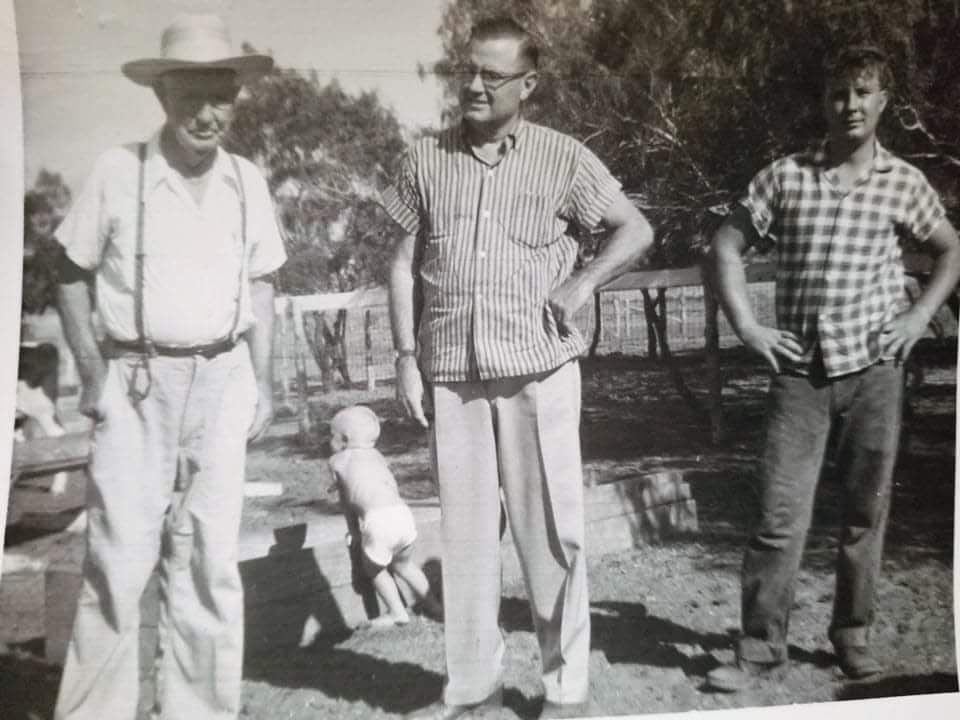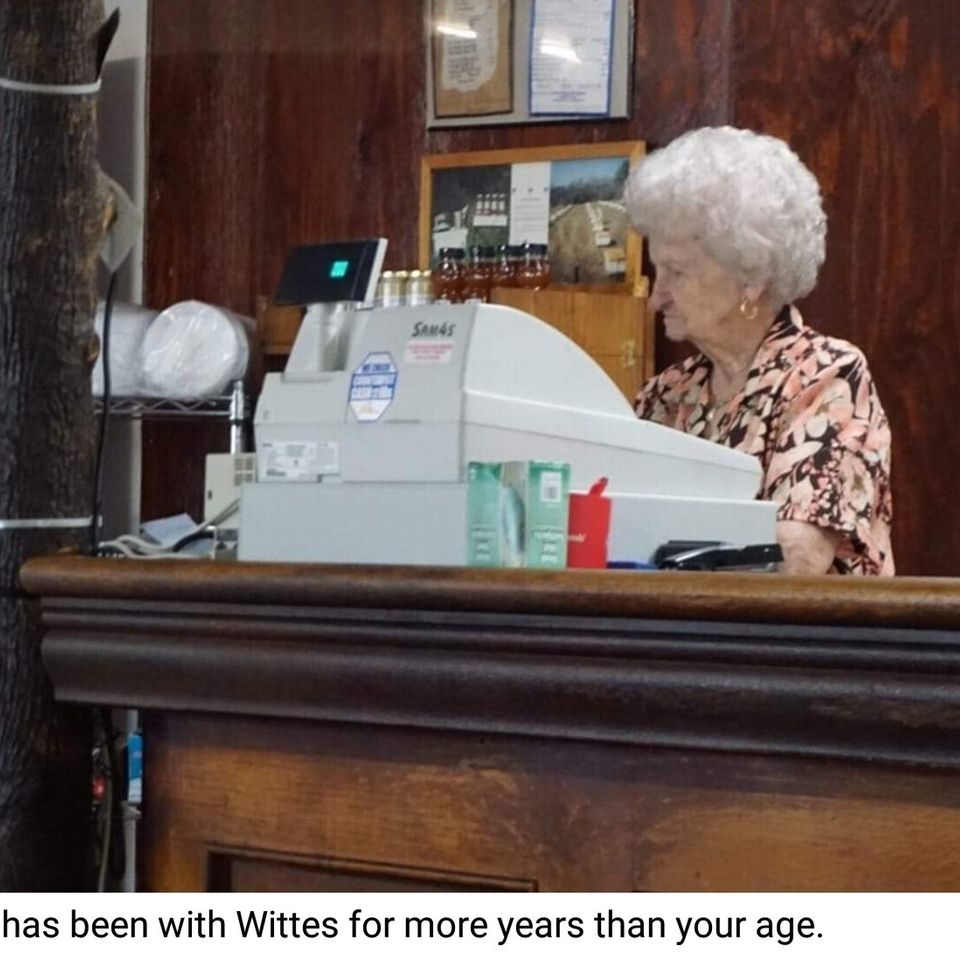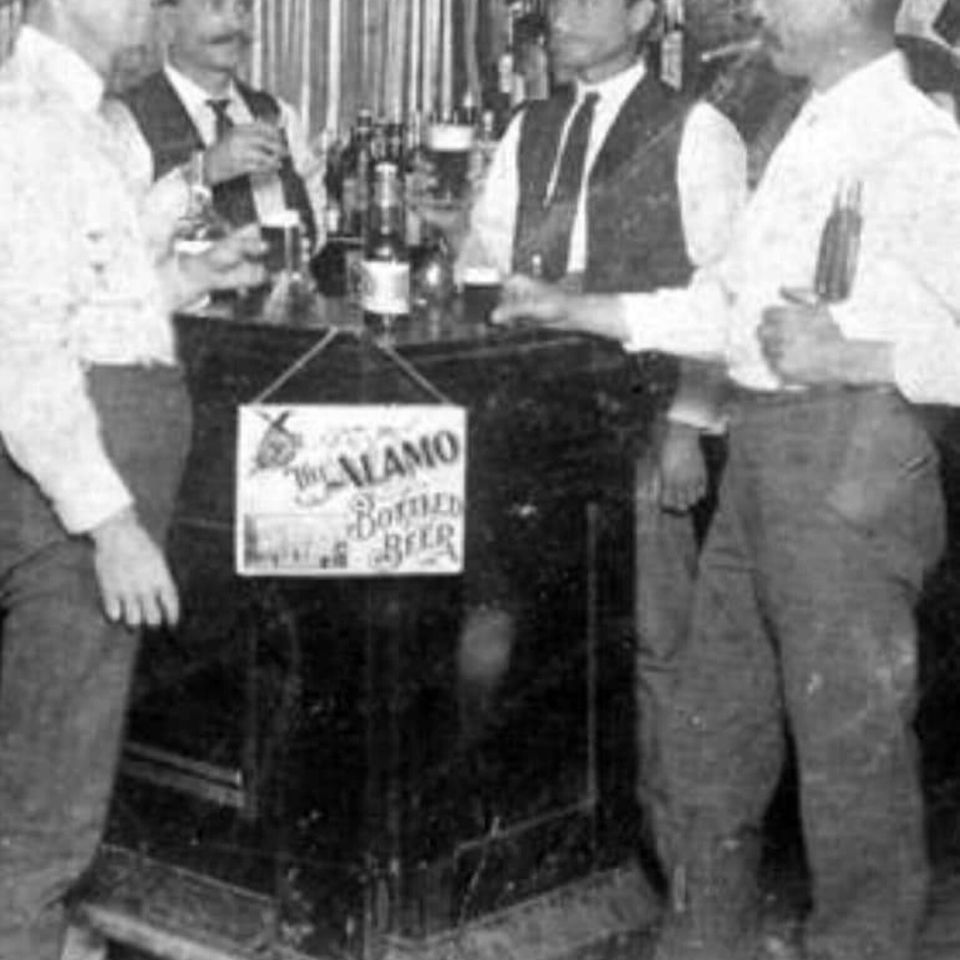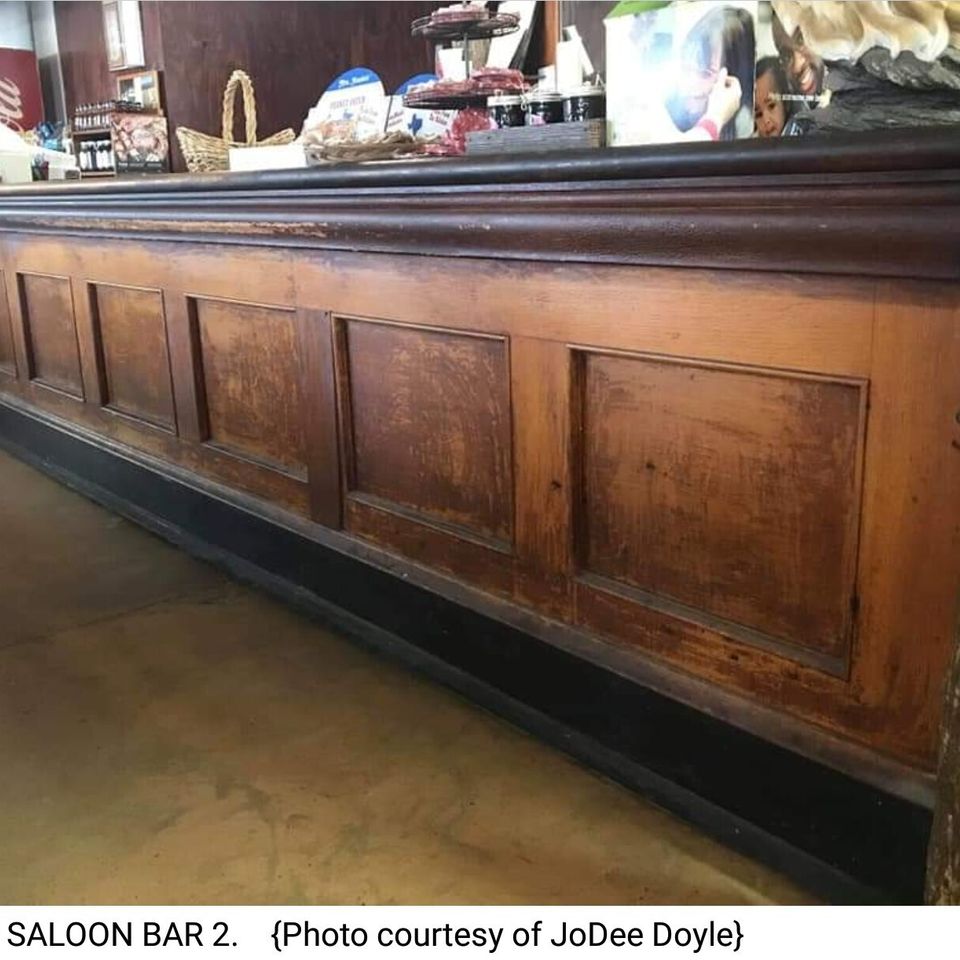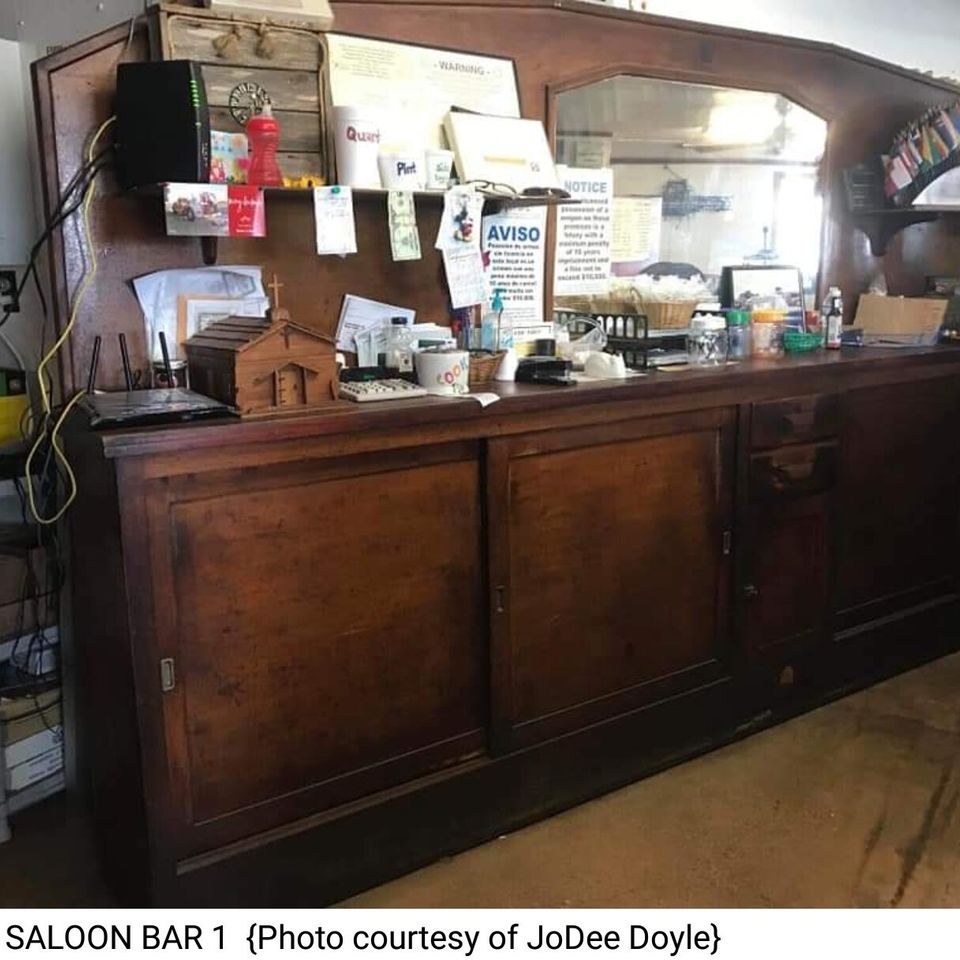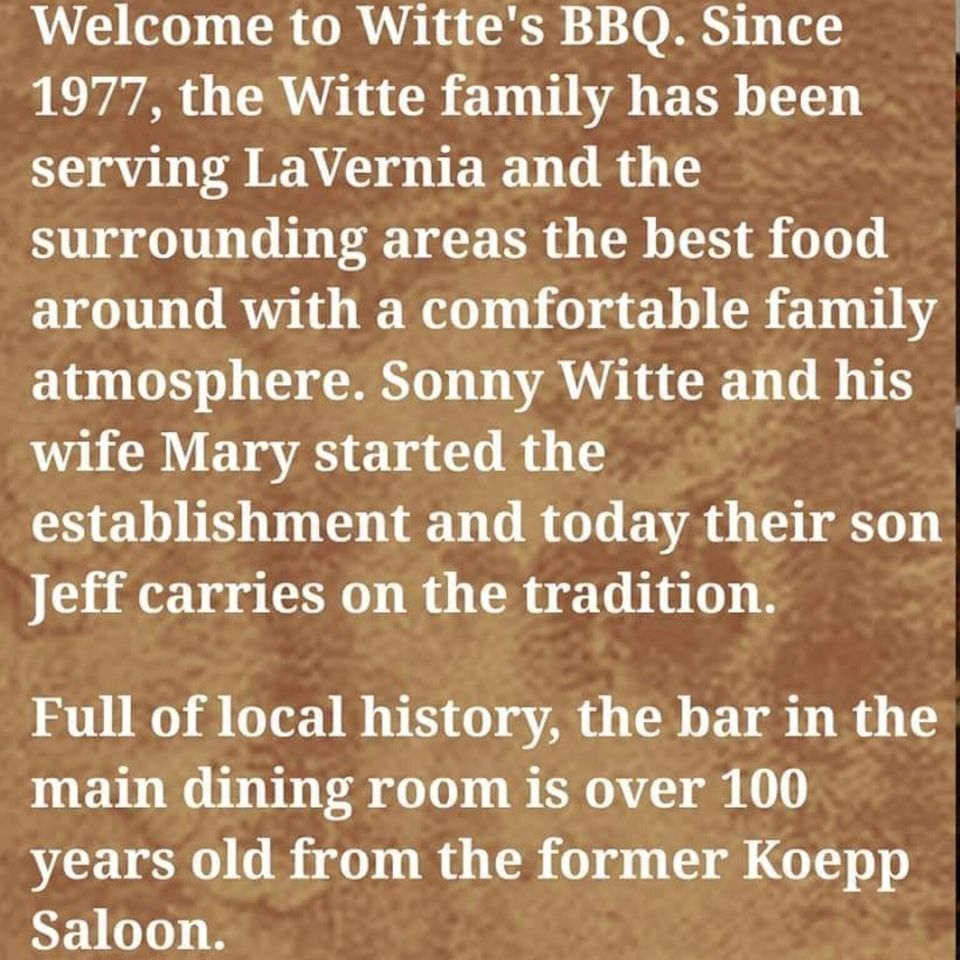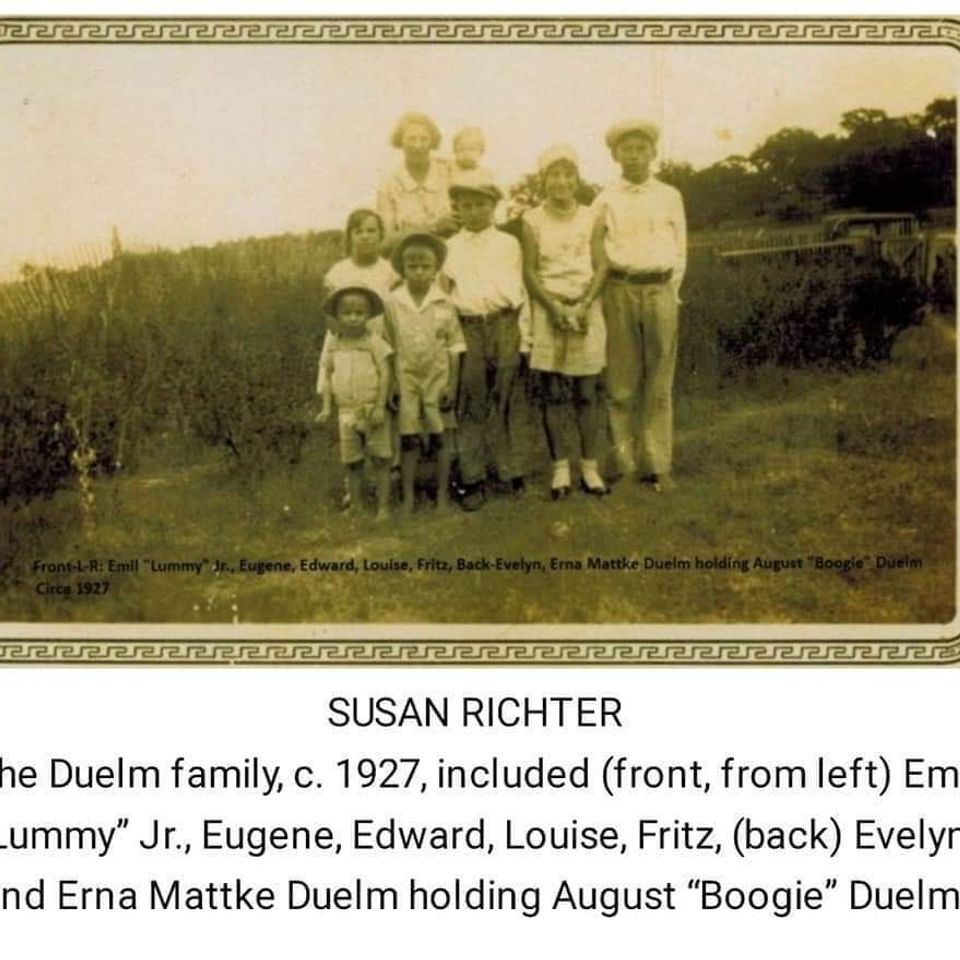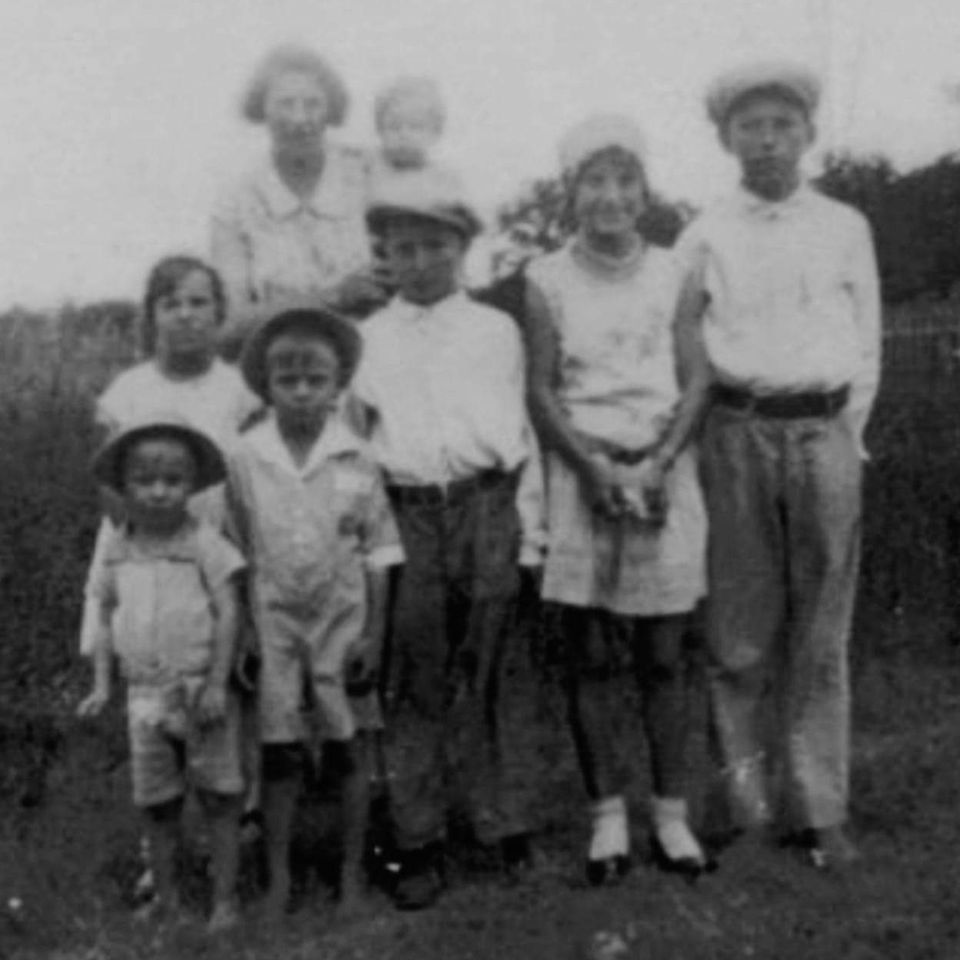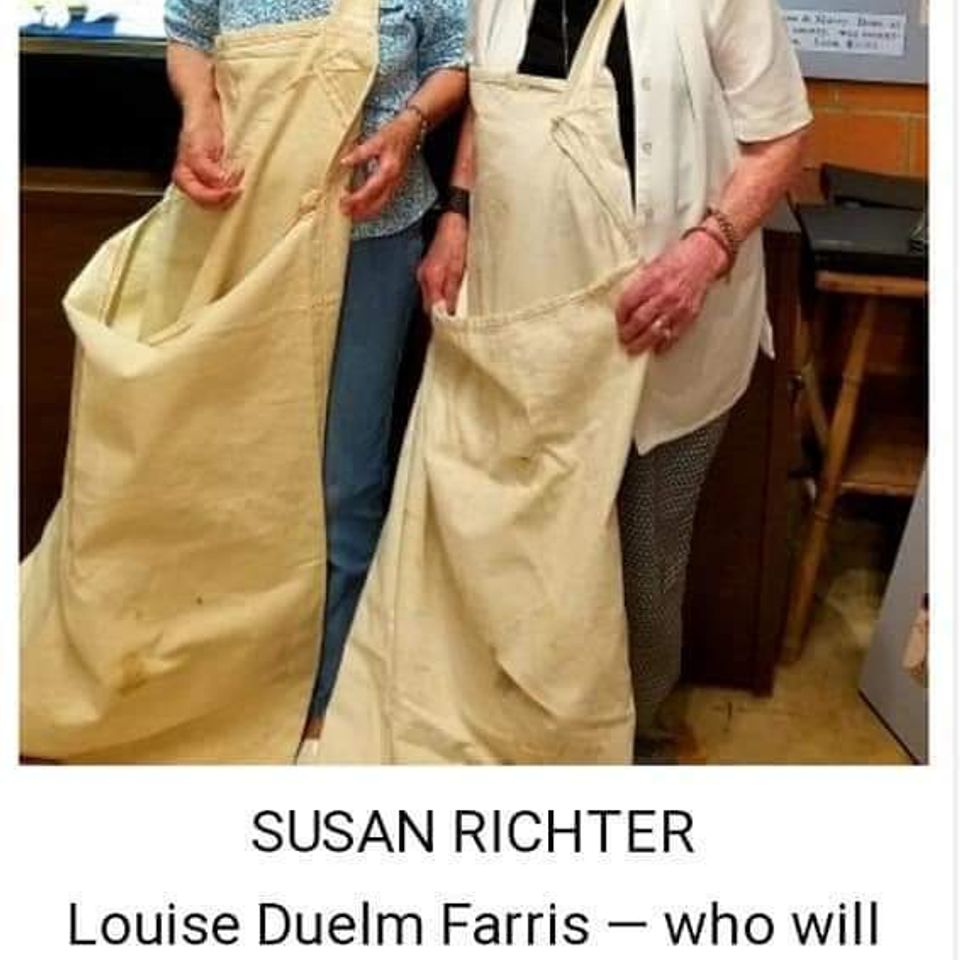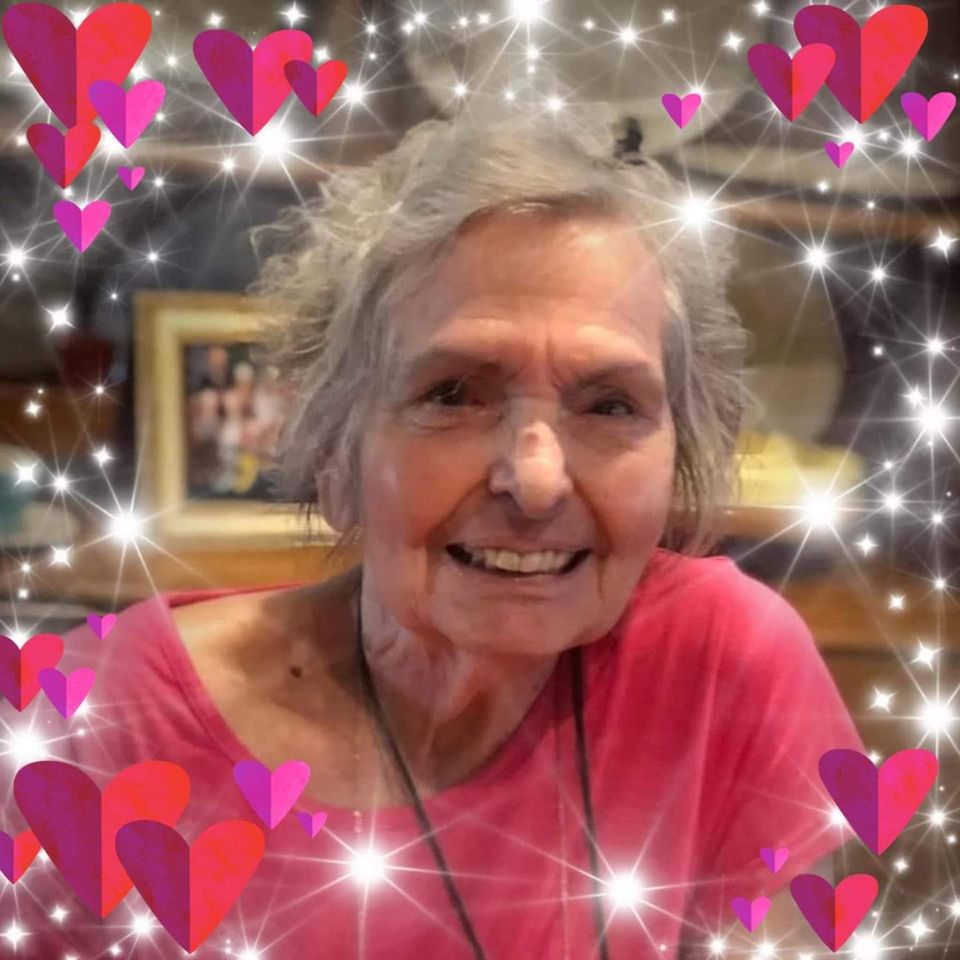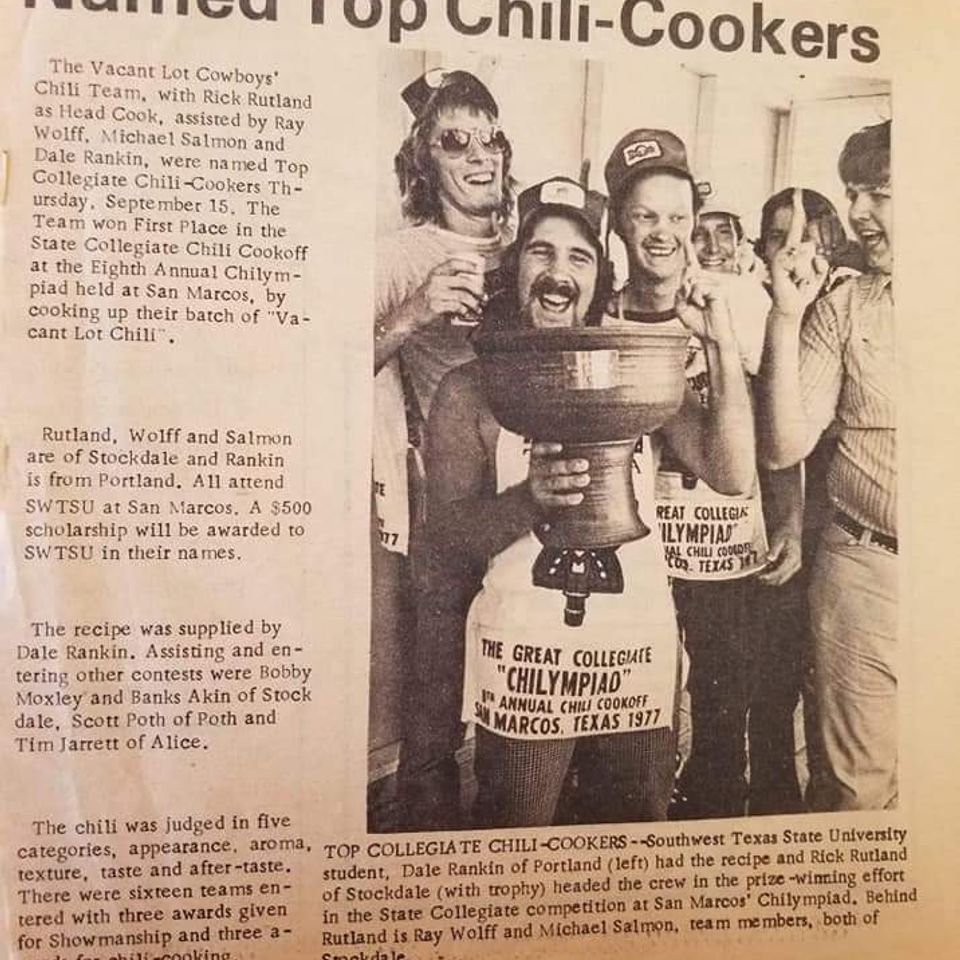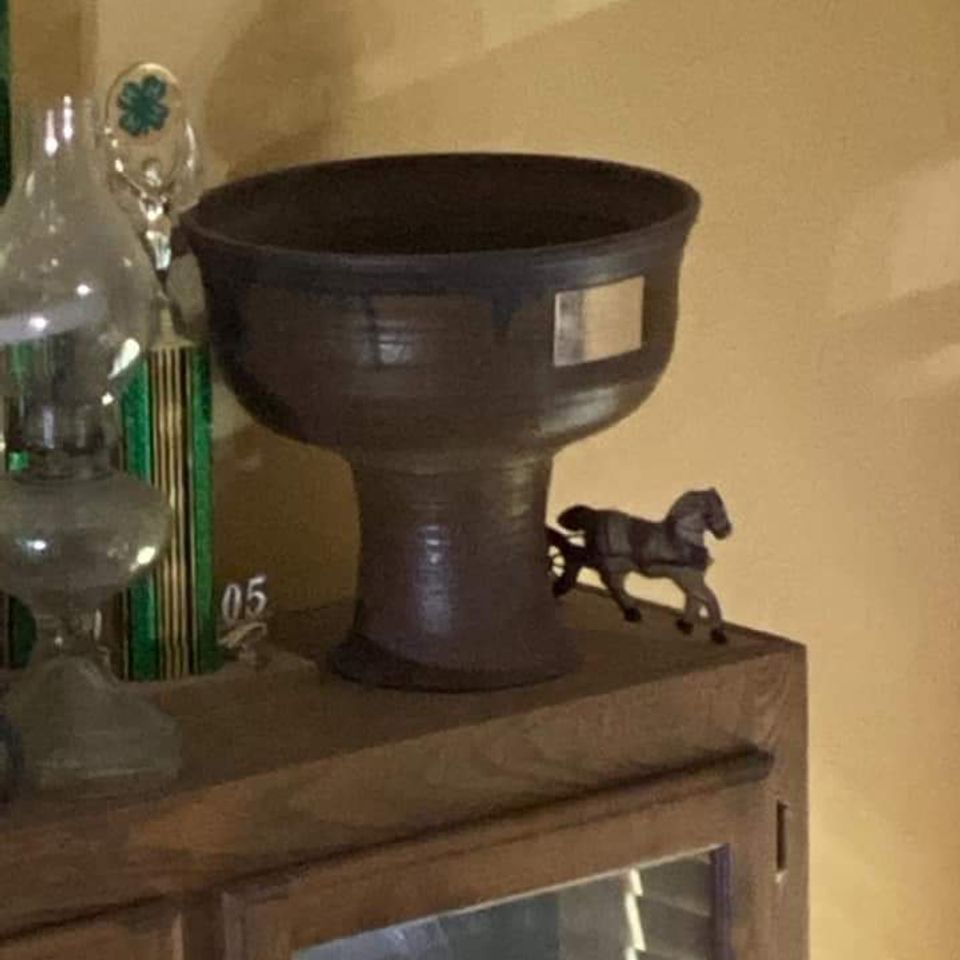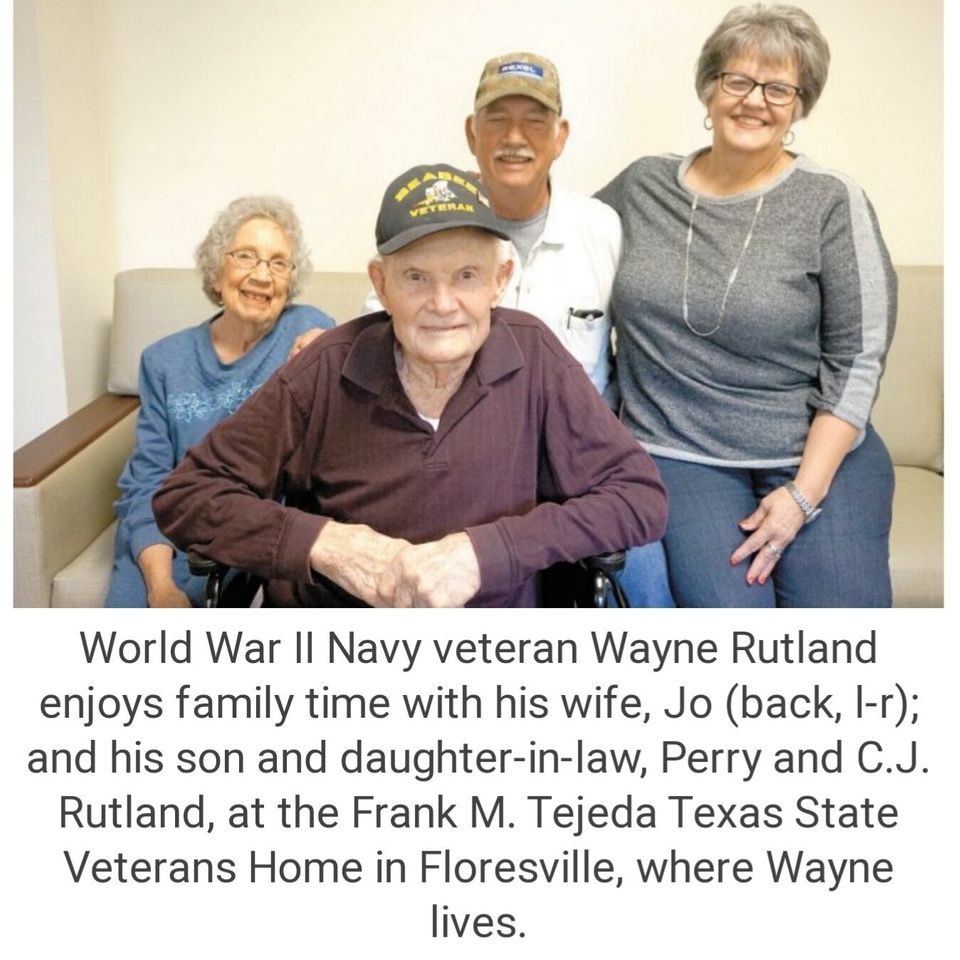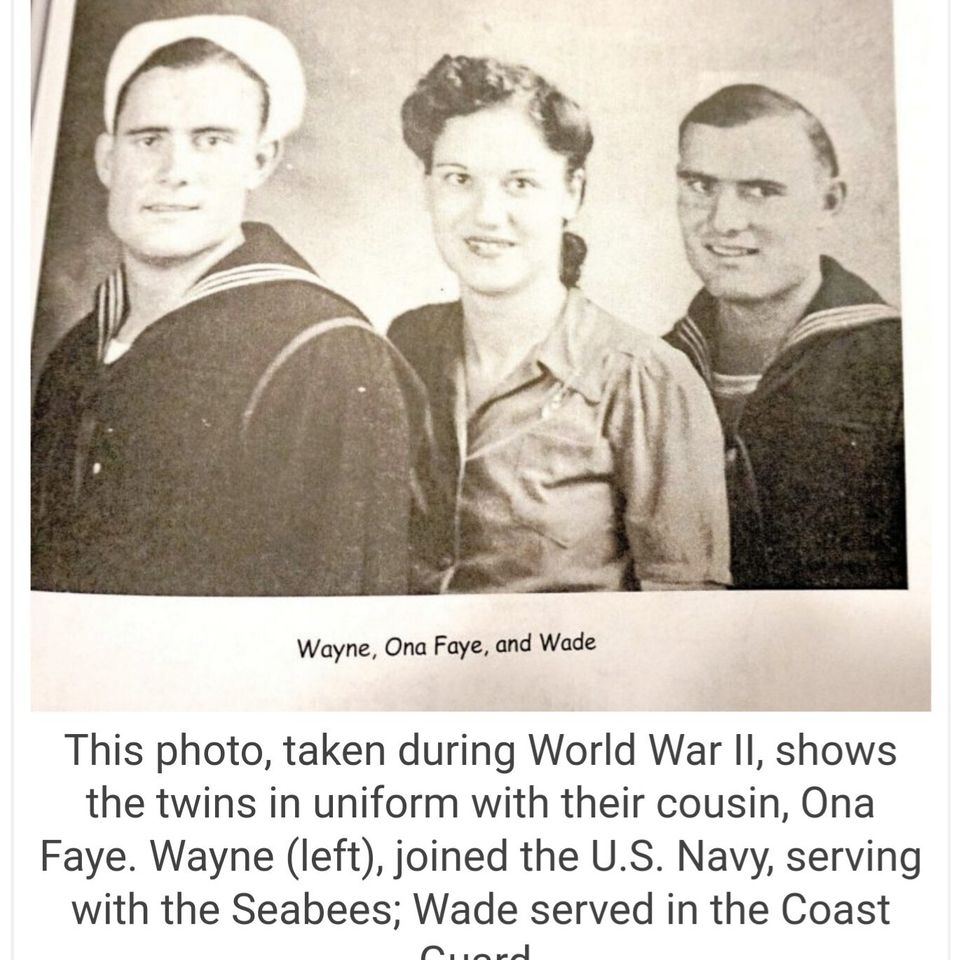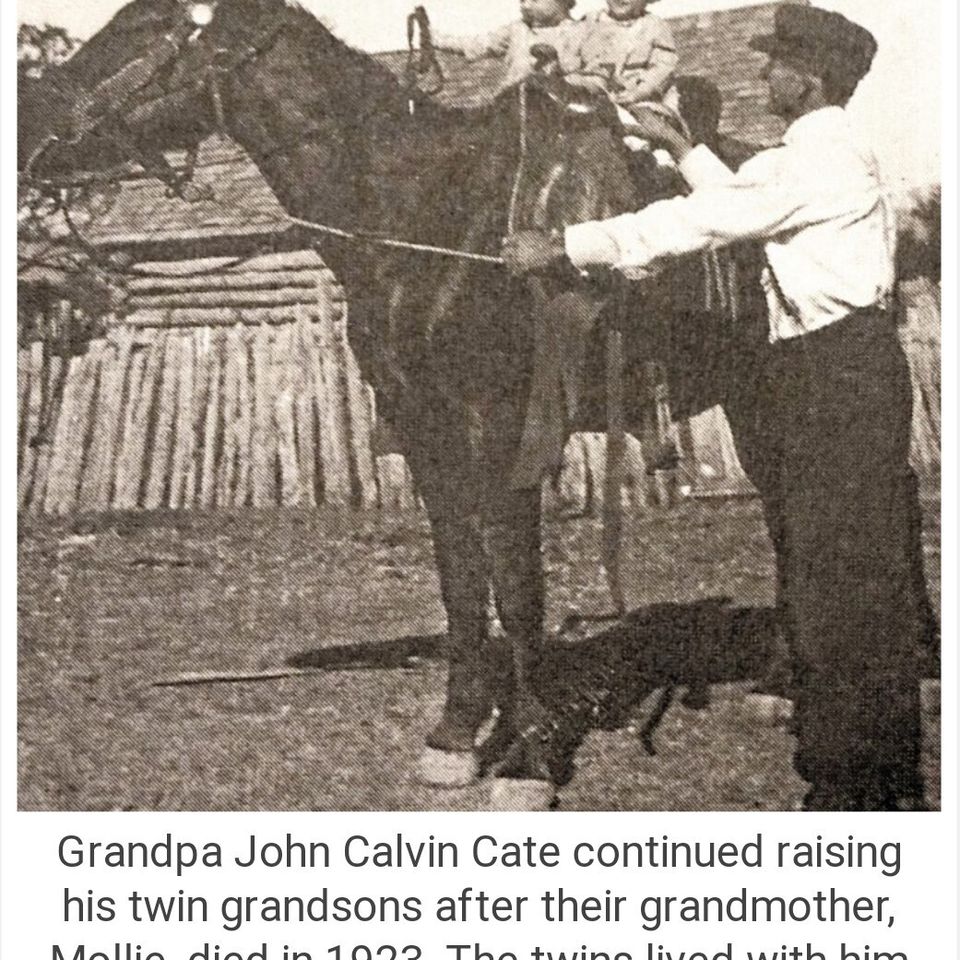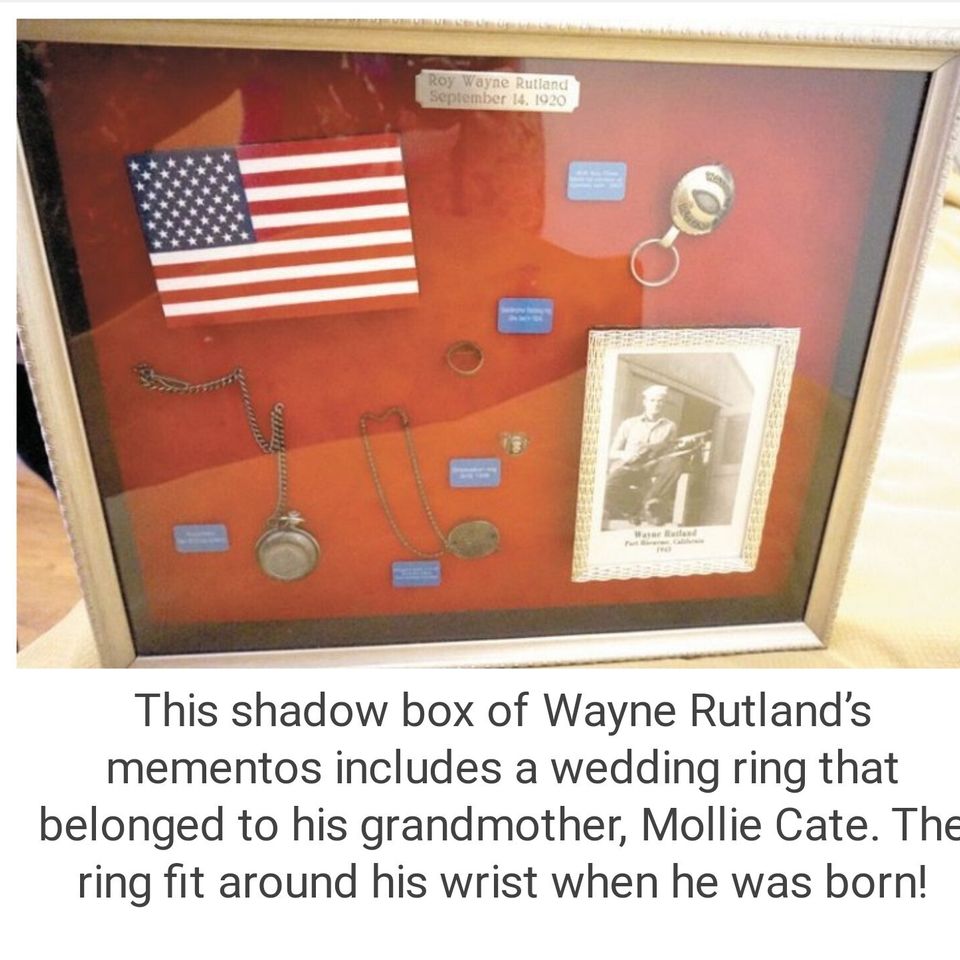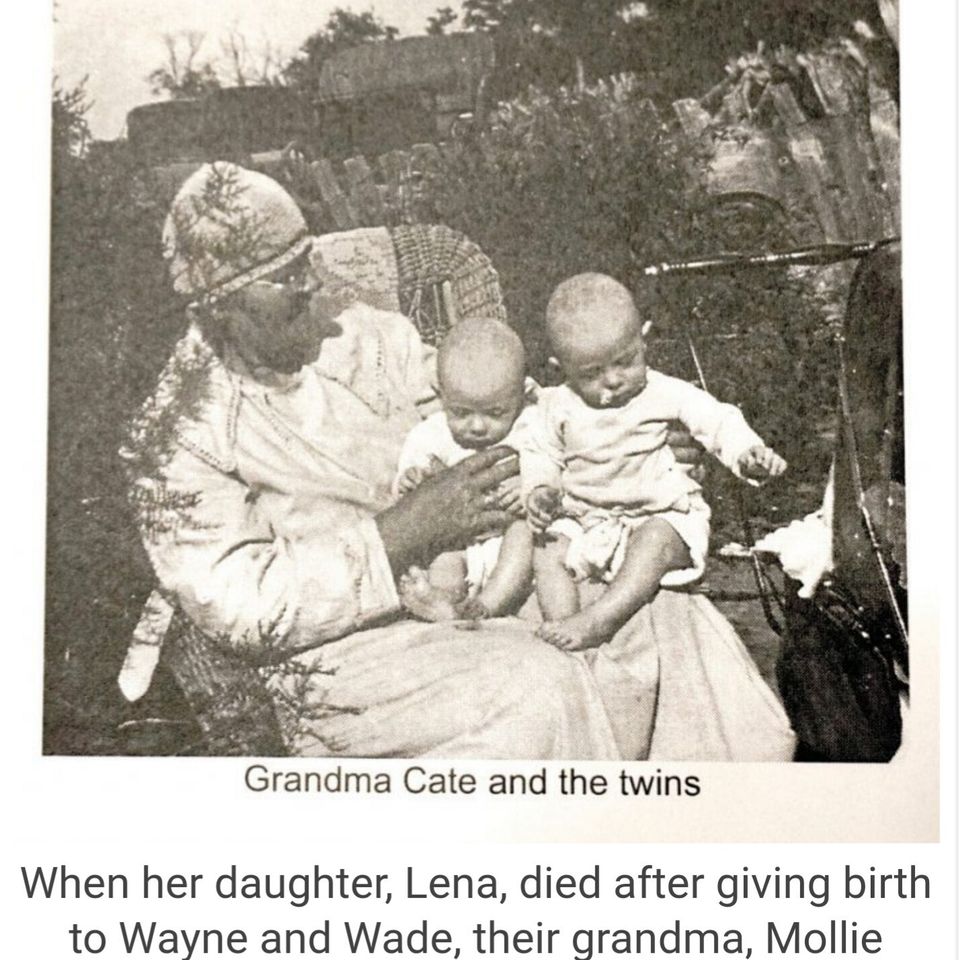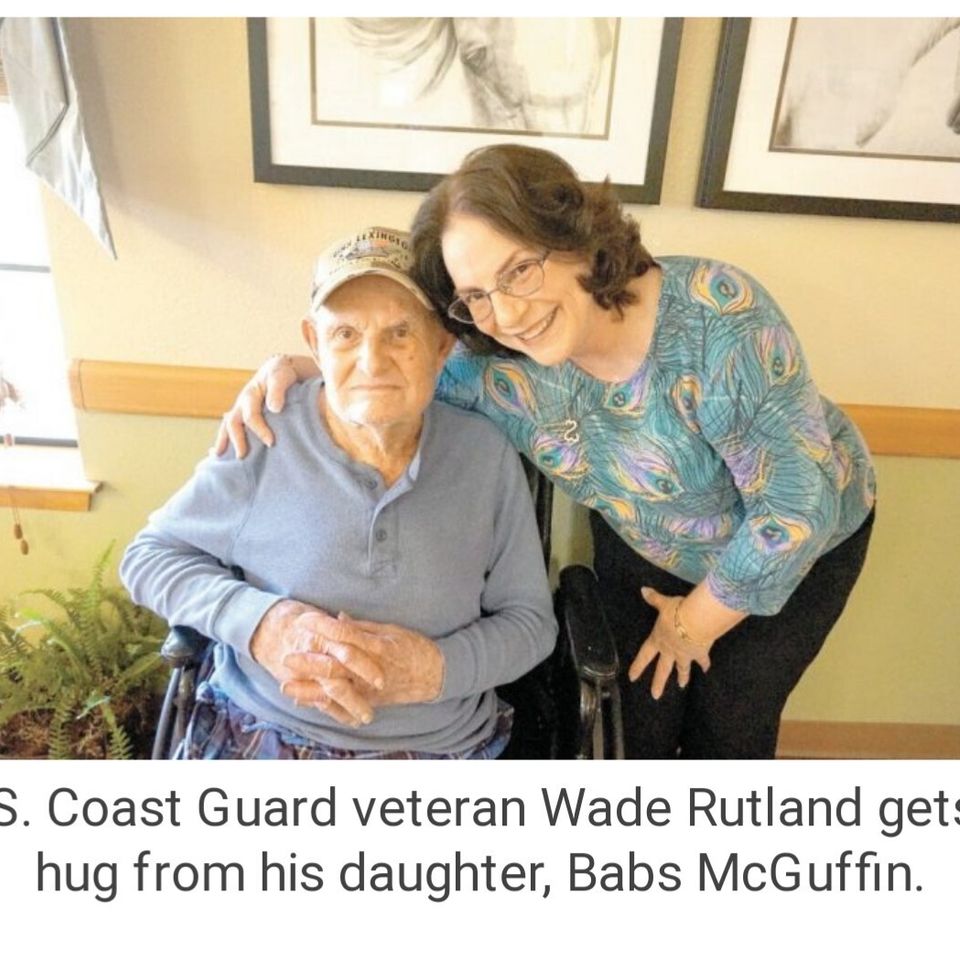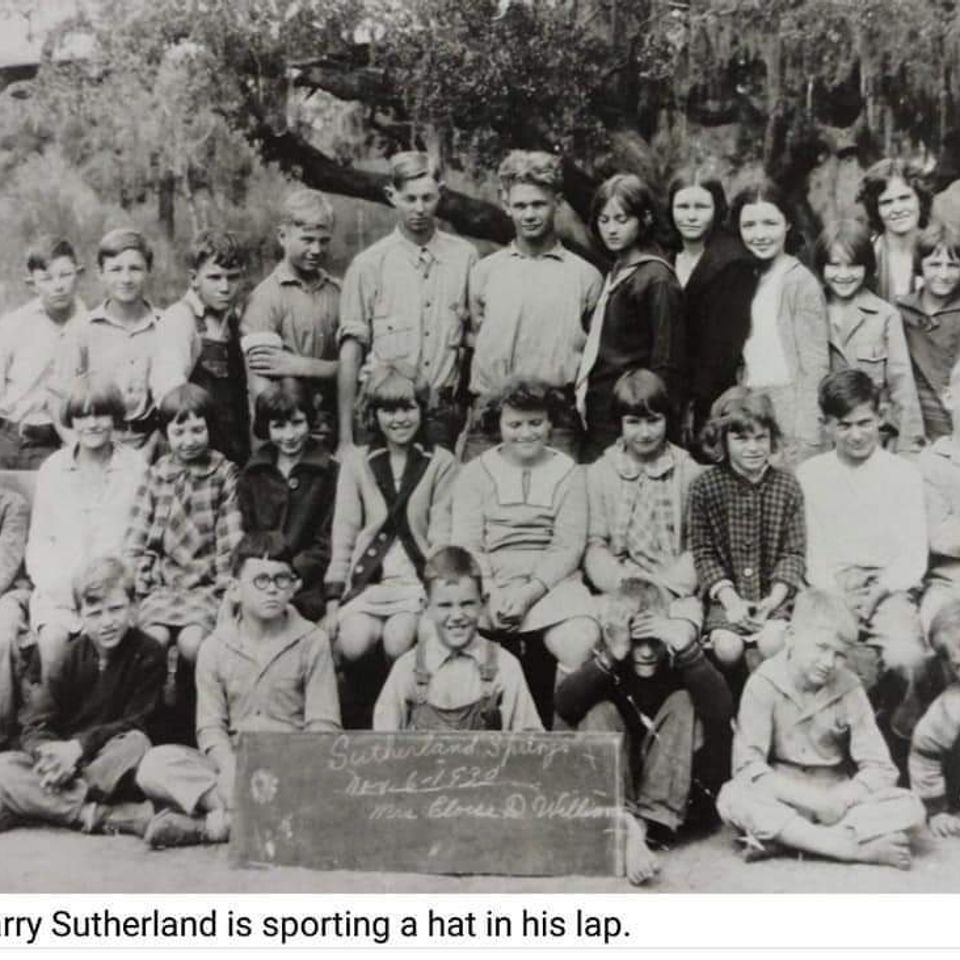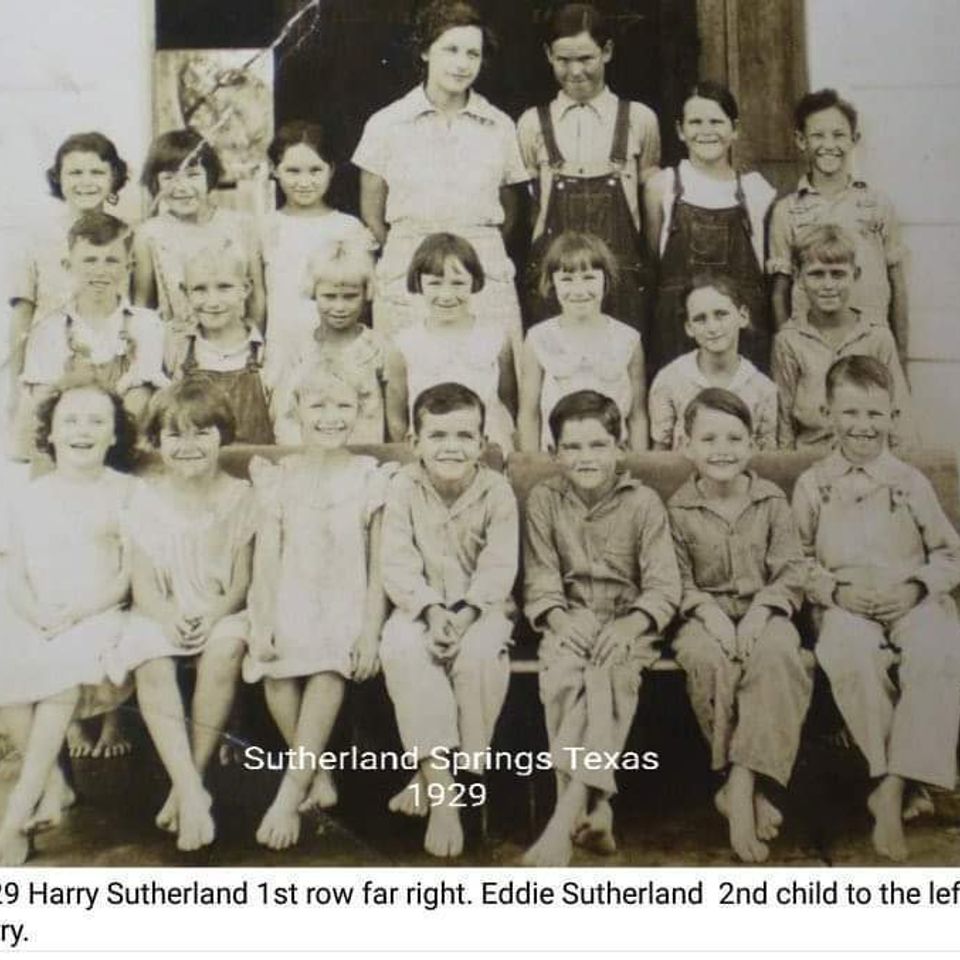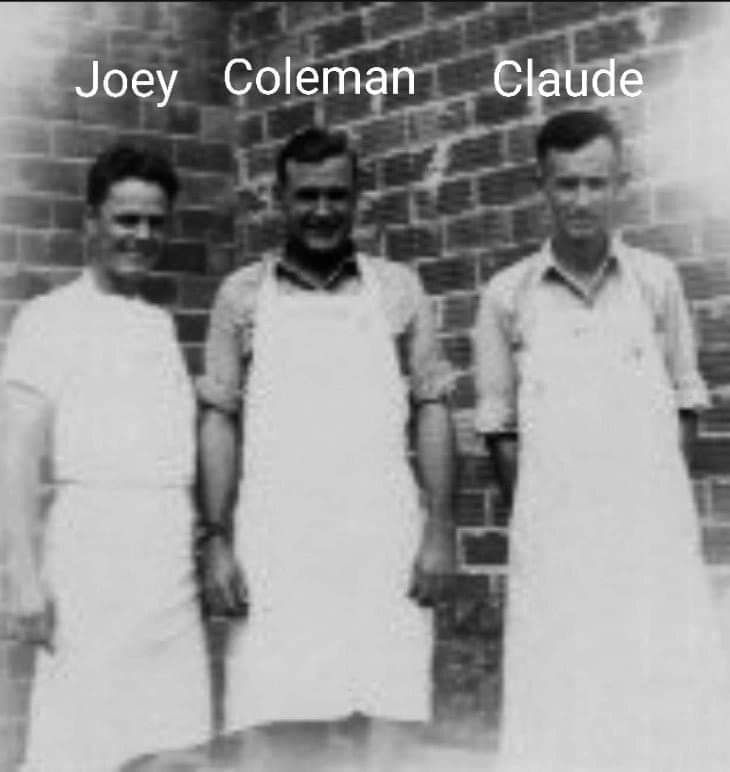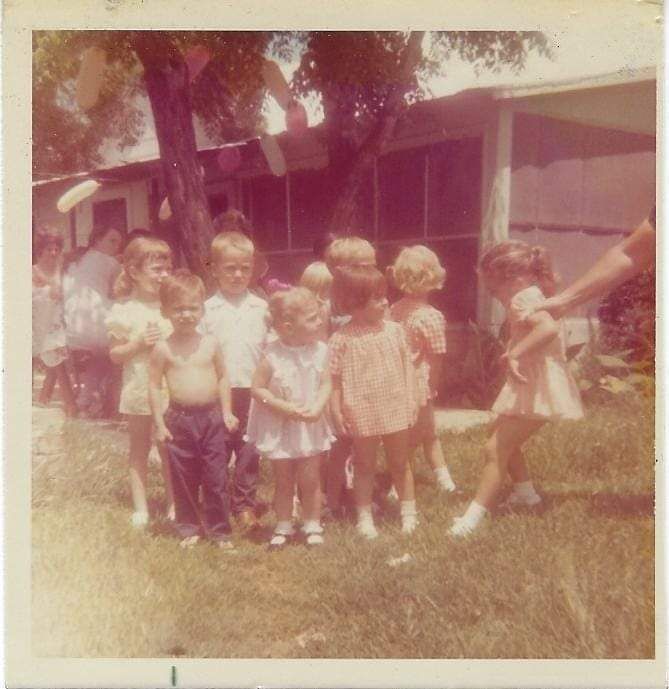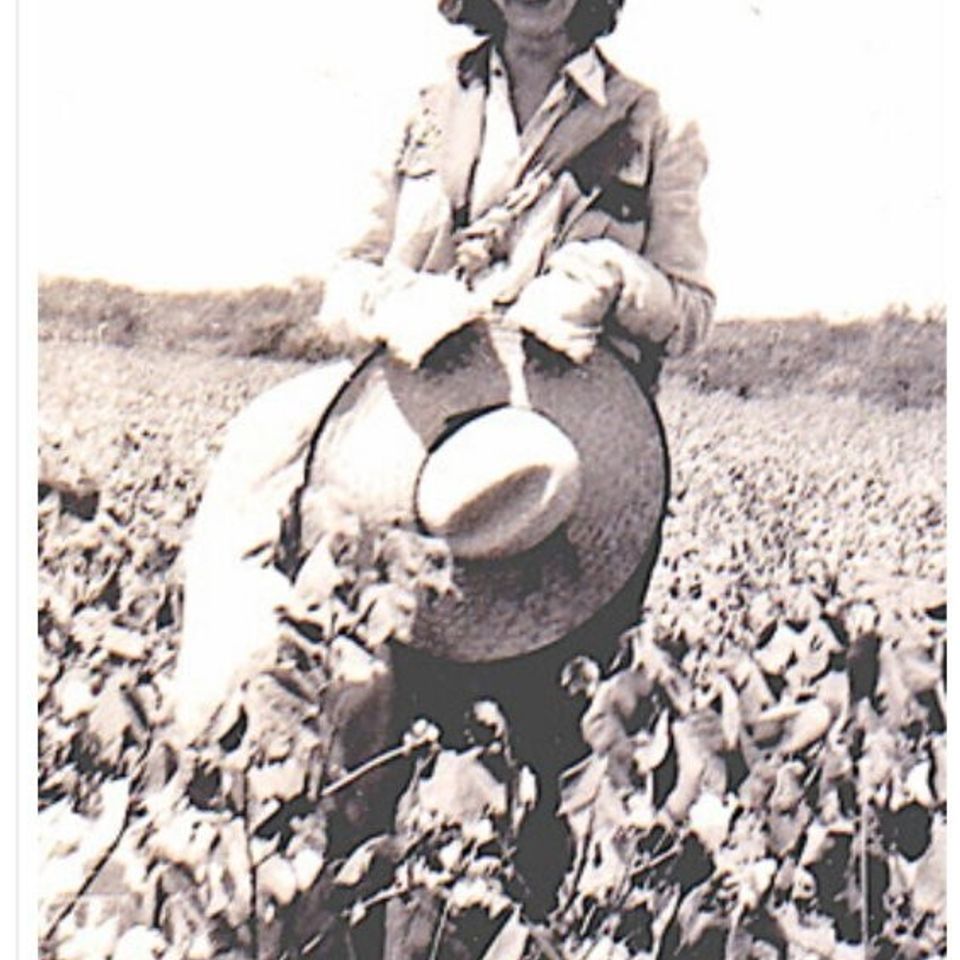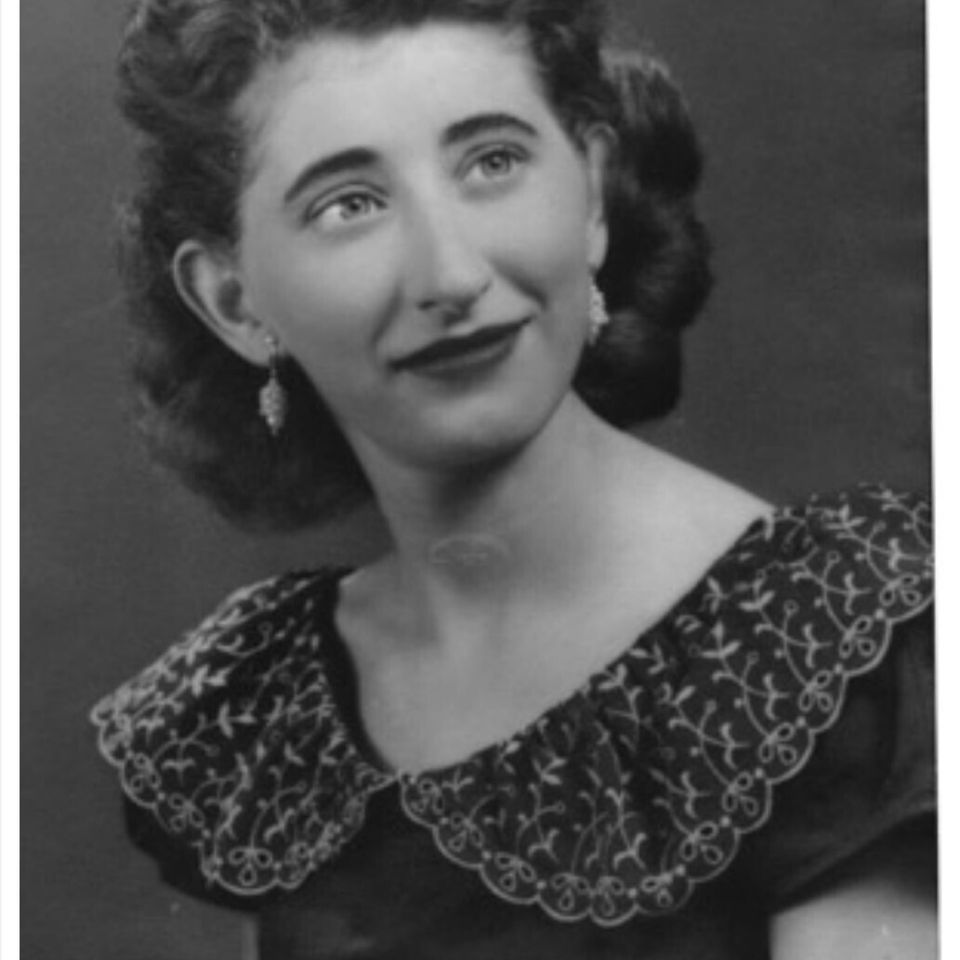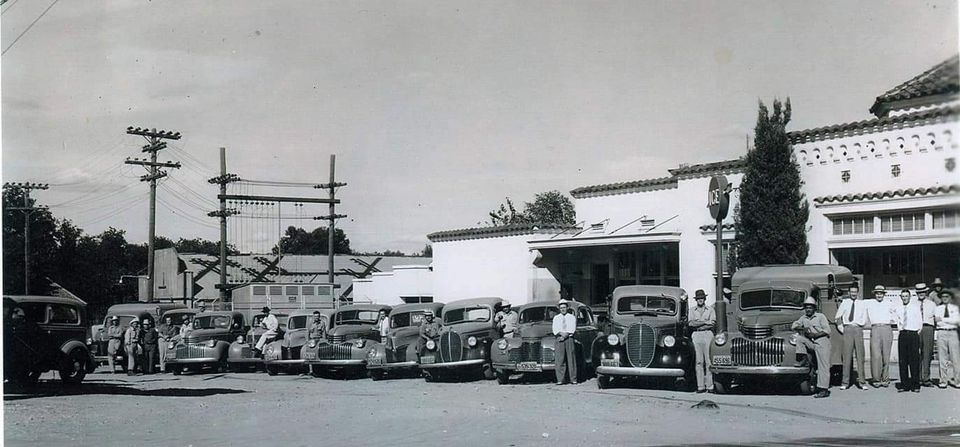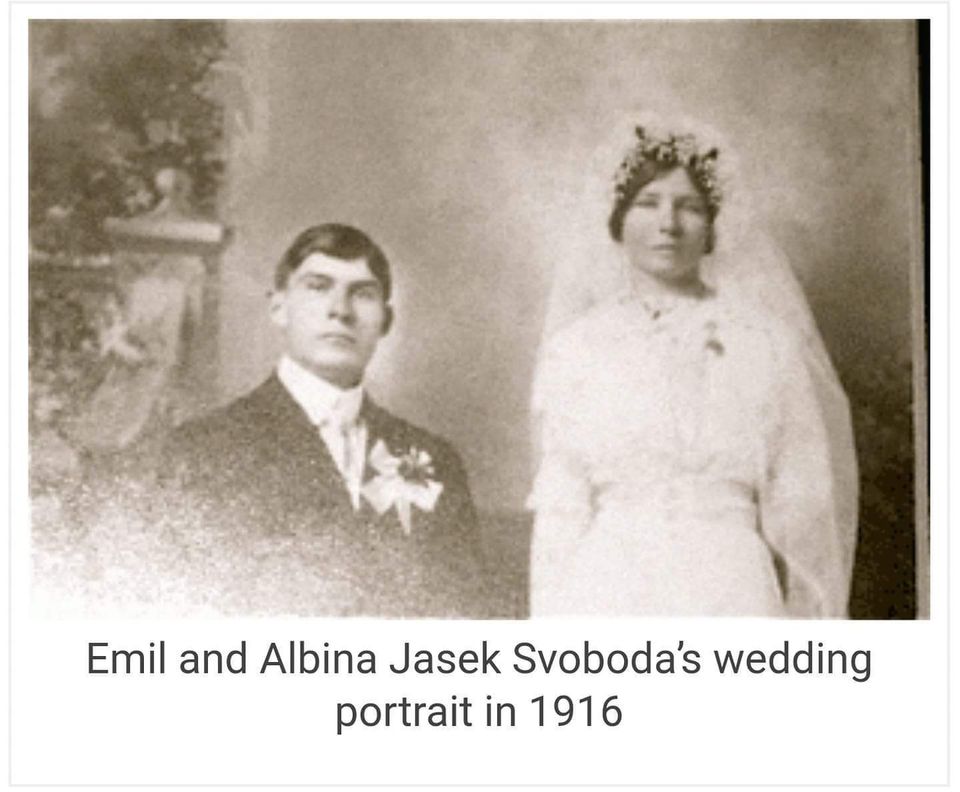
A visit with Elenora Talley
Her house is like a historic home, full of memories .... Writer, Lois Wauson, typed this appealing story for her " Rainy Days & Starry Nights" column in the Wilson County News in 2010.
I had met her two years ago at her brother Charlie Svoboda's house. I remember her then, despite being 90 years old, she appeared young, pretty, and a lady who had an amazing memory. I planned to talk to her some day and get her story.
A few weeks ago, I visited Elenora Talley in her old farmhouse that was built in 1911, nearly 100 years ago.
The house is well-kept and full of beautiful treasures like handmade furniture, hundreds of pictures from the past, and wonderful needlepoint in almost every room. It was like going back in time.
She showed me around the home, which she and her husband, Troy Talley, bought in 1942.
Through the years, they did a lot of work on the house, adding rooms like a family room and sun room, but restoring the original rooms, and keeping the beautiful old fireplace, floors, doors, etc. It is a beautiful home full of beautiful things. She is so proud of her home. She hopes to live out the remaining days of her life in her home, which has so many memories of her husband and three children.
Elenora remembers her Grandmother Jasek as a wonderful lady. She was born in Moravia. Albina Jasek's mother died when she was 6 years old. Her father was a woodcutter and shoemaker. The story told to Elenora by Albina was this: Times were hard, and she and her little brother often went hungry. When her father was away cutting wood, Albina would go to the neighbors and beg for bread or something to eat.
Albina came to America when she was 21 years old. Elenora remembers that her Grandmother Jasek was always kind and loving and never said an ugly word about anyone. Her grandfather was also of Czech heritage. But he had a temper and was mean to Albina. He treated her ugly, but she never complained. He came from a big family — nine sisters and a brother.
Elenora and her brothers always remembered how they loved their Grandmother Albina, who never was unkind to anyone. But when she got old and lived in Houston, no one wanted to take care of her.
Elenora's grandparents, the Jaseks and Svobodas, lived across the river in the Camp Ranch community.
After Emil Svoboda and Albina Jasek got married, they lived in Floresville. Elenora was born there in 1918 "two blocks from the courthouse." She later had two brothers, Edwin and Charlie. When she was 5 years old, her family moved 12 miles out west on Hwy. 97 near her grandparents. Her father built a five-room house with a bathroom for only $700. He did all the work. Elenora says it maybe was from Sears and you had to build it yourself. It was a nice house. It is still standing today! It is on the Boening place. Her father became well-known for the houses and furniture he built in Wilson County.
When she first started to school in 1925, she had to go to the Darilek School because it was the nearest school. Her father dropped her off that day. She didn't speak English, only Czech. But some other children spoke Czech and she got through that day. Her teacher was Fannie Lee Barnes. Later, her father provided a horse and buggy for the neighbor boy, who also went to Darilek School, and he took them to school. Elenora still has the paper on which the teacher wrote a poem for her to memorize for the Christmas Play that year.
The next year, the Borrego School was built. Elenora went there until the 10th grade. But the prior year, which was in 1934, she had to go to Webbville School because they only had eight grades at Borrego School.
The next year, she came back to Borrego, because they had a teacher to teach the 9th and 10th. His name was Victor Miculka, who had graduated from Floresville High in 1931. Later, Victor Miculka taught in Poth. Elenora remembers him as a good musician whose family had a band that played for dances around the county –Mac's Orchestra. But more about that next time when I write about Elenora's young adult years!
******************
COURTESY / Wilson County News 2010

